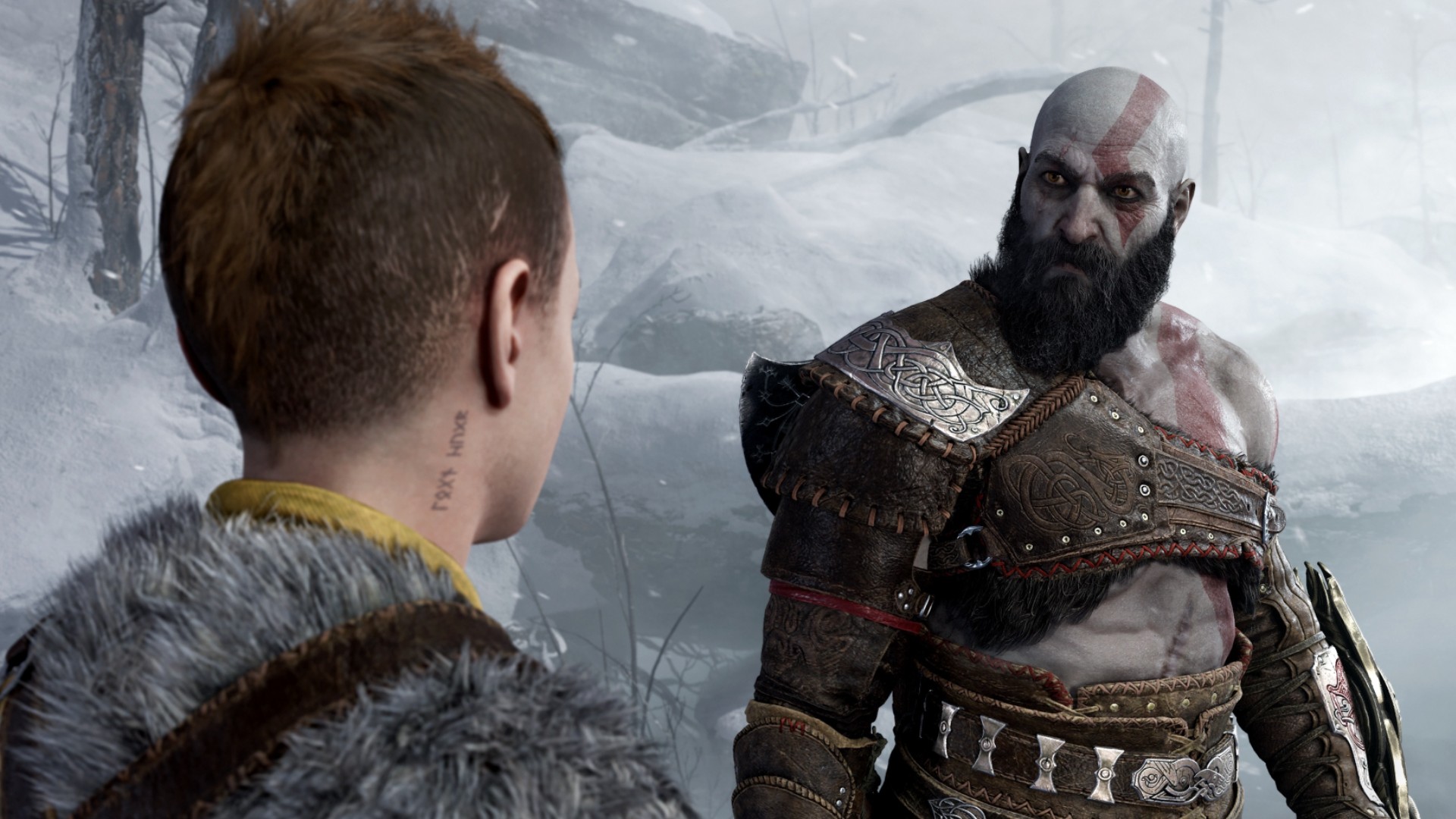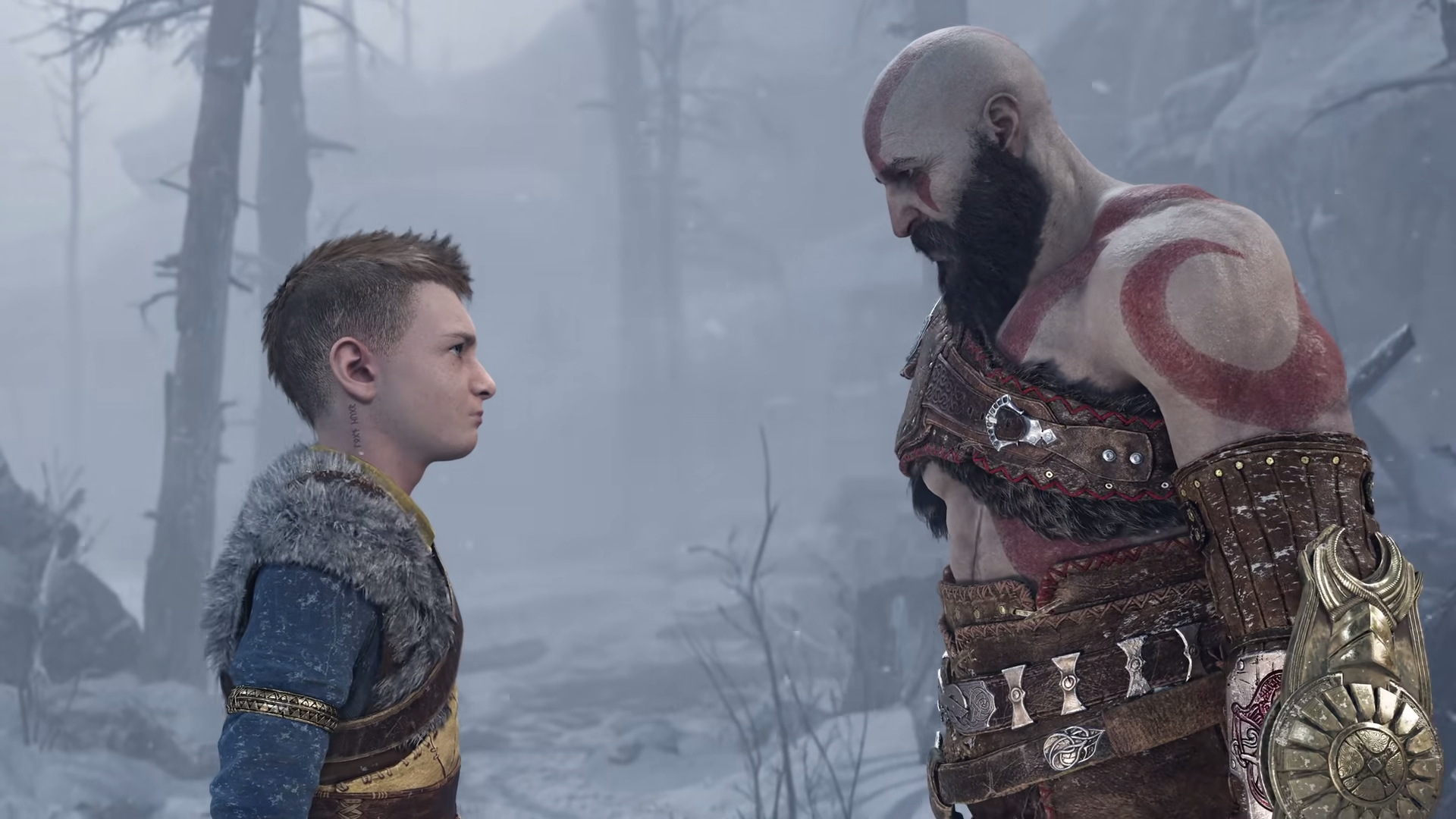God Of War
Latest about God Of War
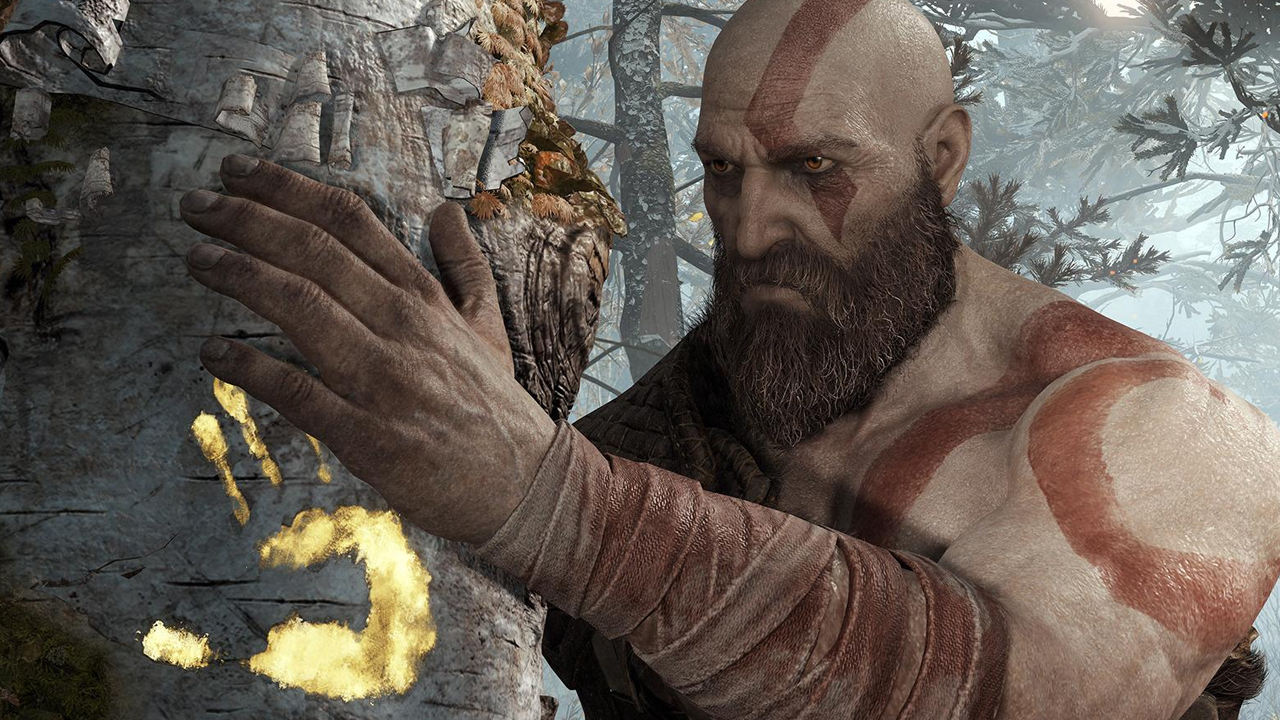
God of War was delayed 6 months because PlayStation boss was "horrified" by "multiple things not working" during his play test
By Issy van der Velde published
news Sometimes you just need more time
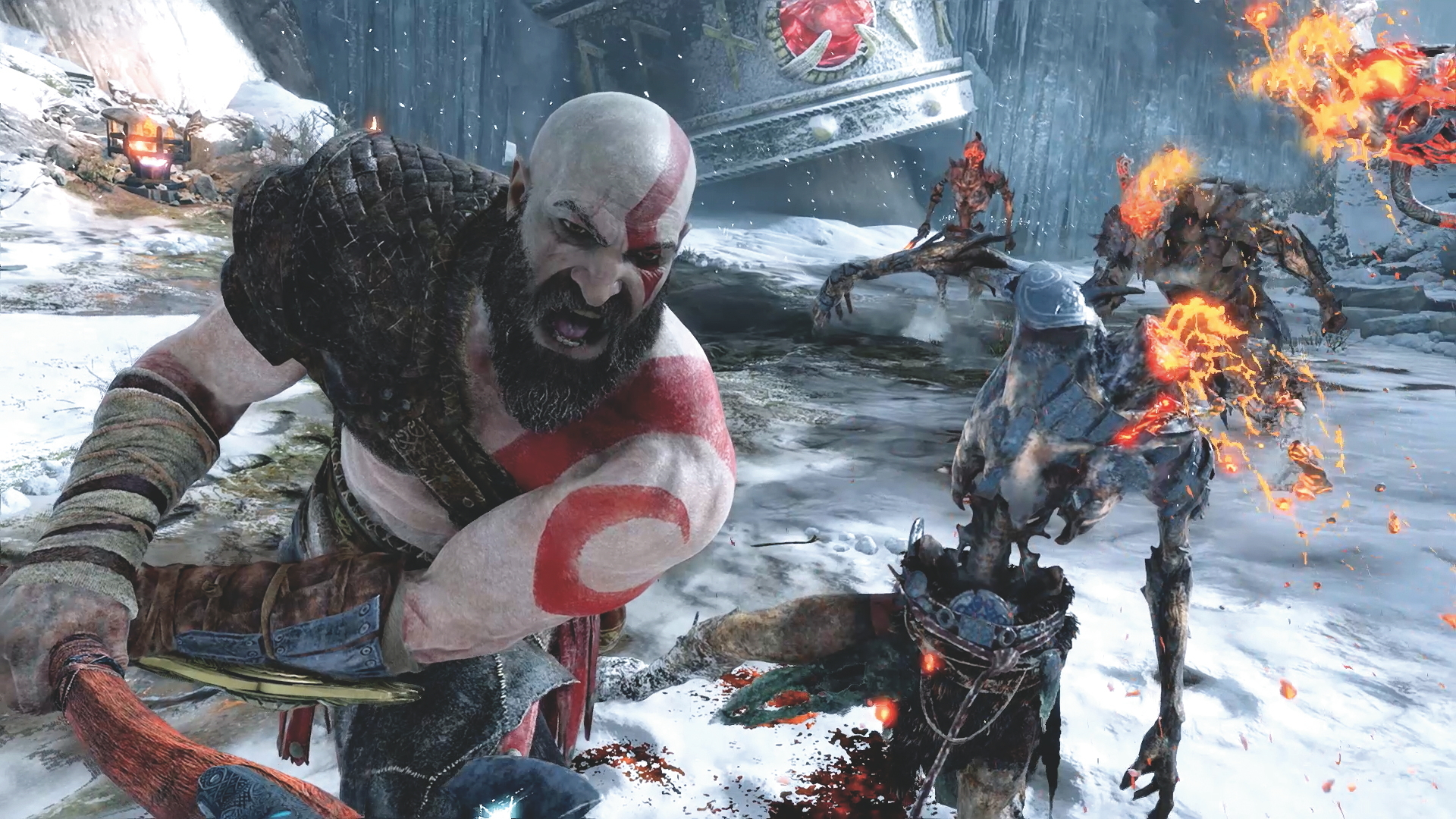
20 years later, God of War's original monster art has been revealed: behold this army of stick figures slapped on a whiteboard, no clue Kratos is coming for them
By Issy van der Velde published
news Fans just want a remaster though
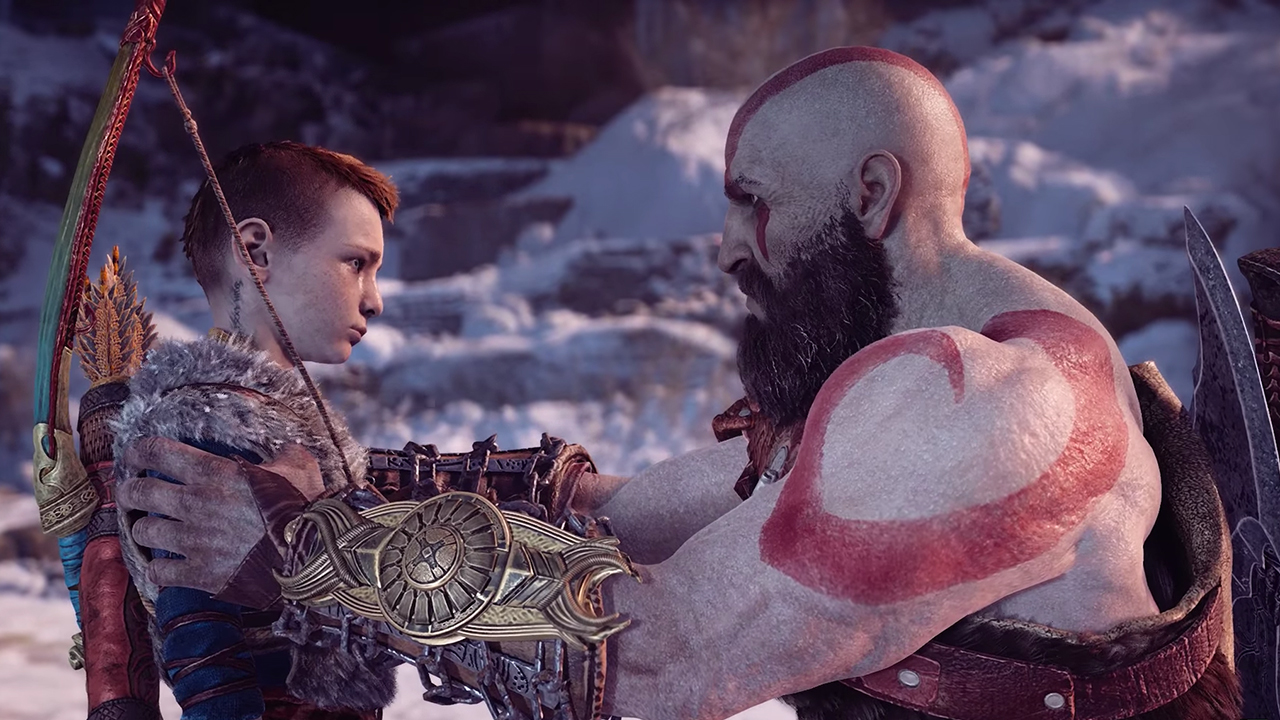
The 20th Anniversary of the original God of War has me reflecting back on what the incredible reboot achieved 7 years ago
By Heather Wald published
Opinion Opinion | The 20th anniversary of the original God of War got me looking back at my own introduction to the series in the 2018 reboot
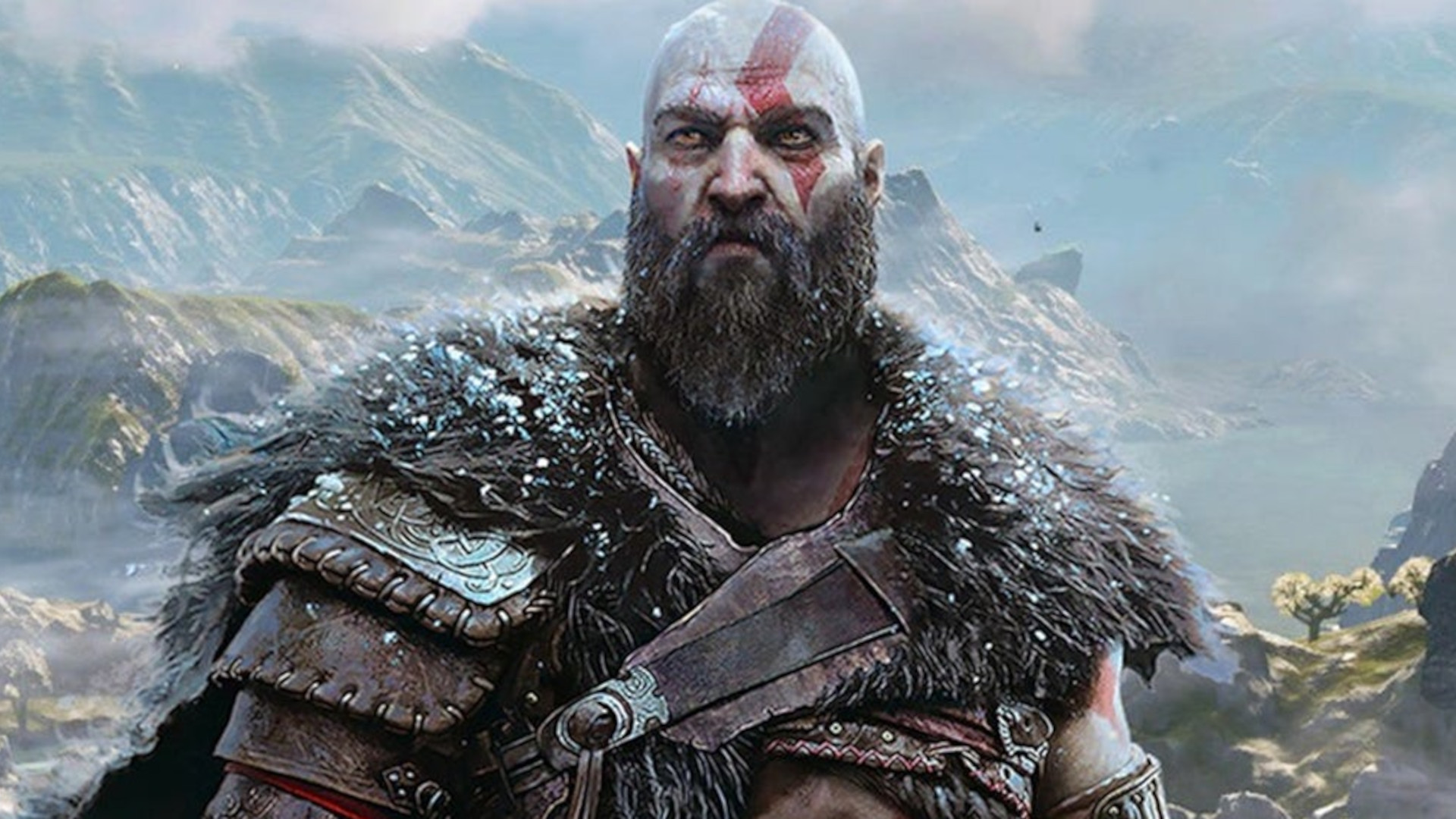
God of War TV show writer reveals Amazon has already ordered two seasons, and that he can’t play the video games at all
By Anthony McGlynn published
News Amazon's God of War has two seasons in development, according to showrunner Ronald D. Moore
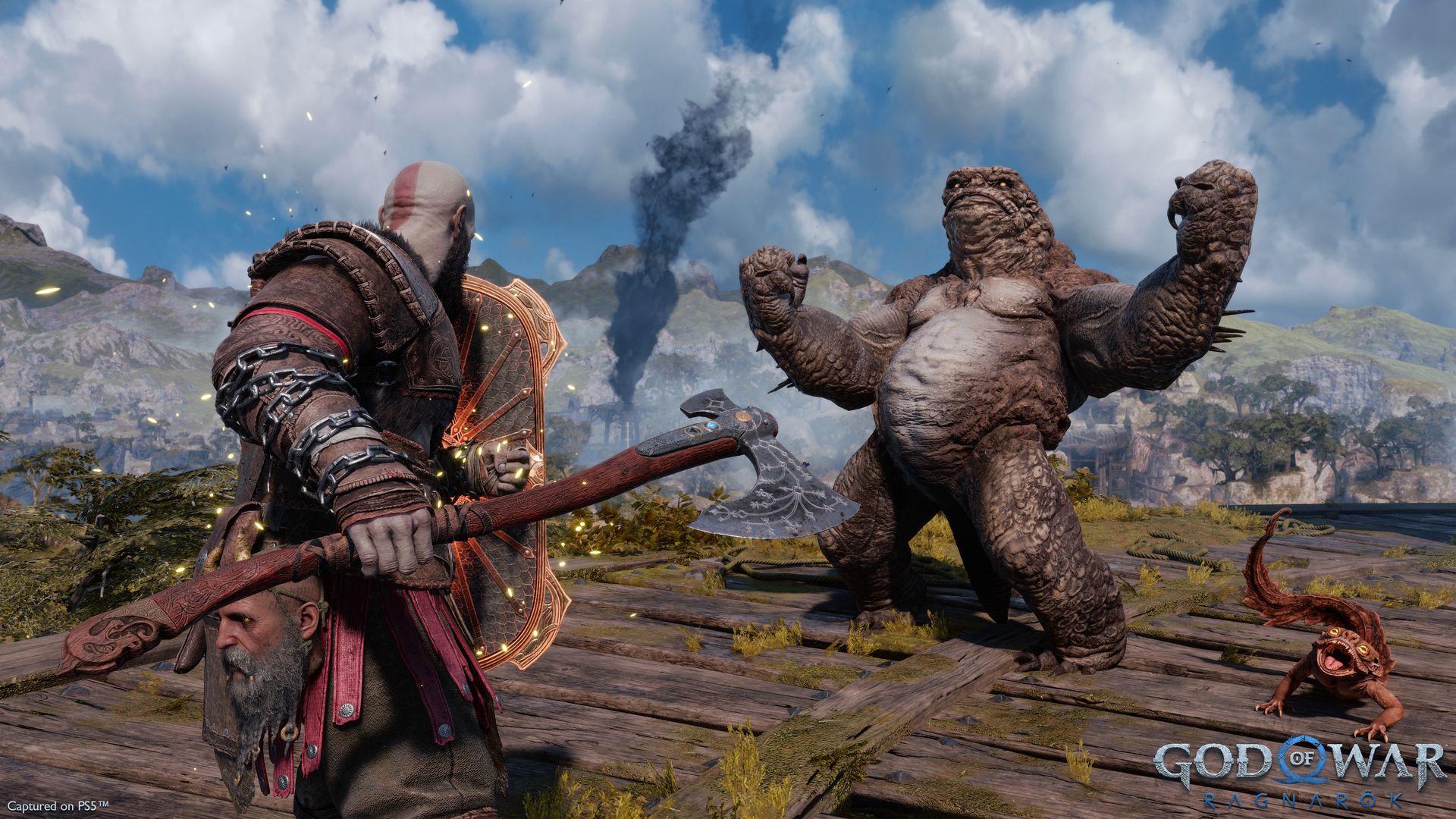
10 games like God of War Ragnarok you should play next
By Sam Loveridge last updated
Feature Deific adventures await in these games like God of War
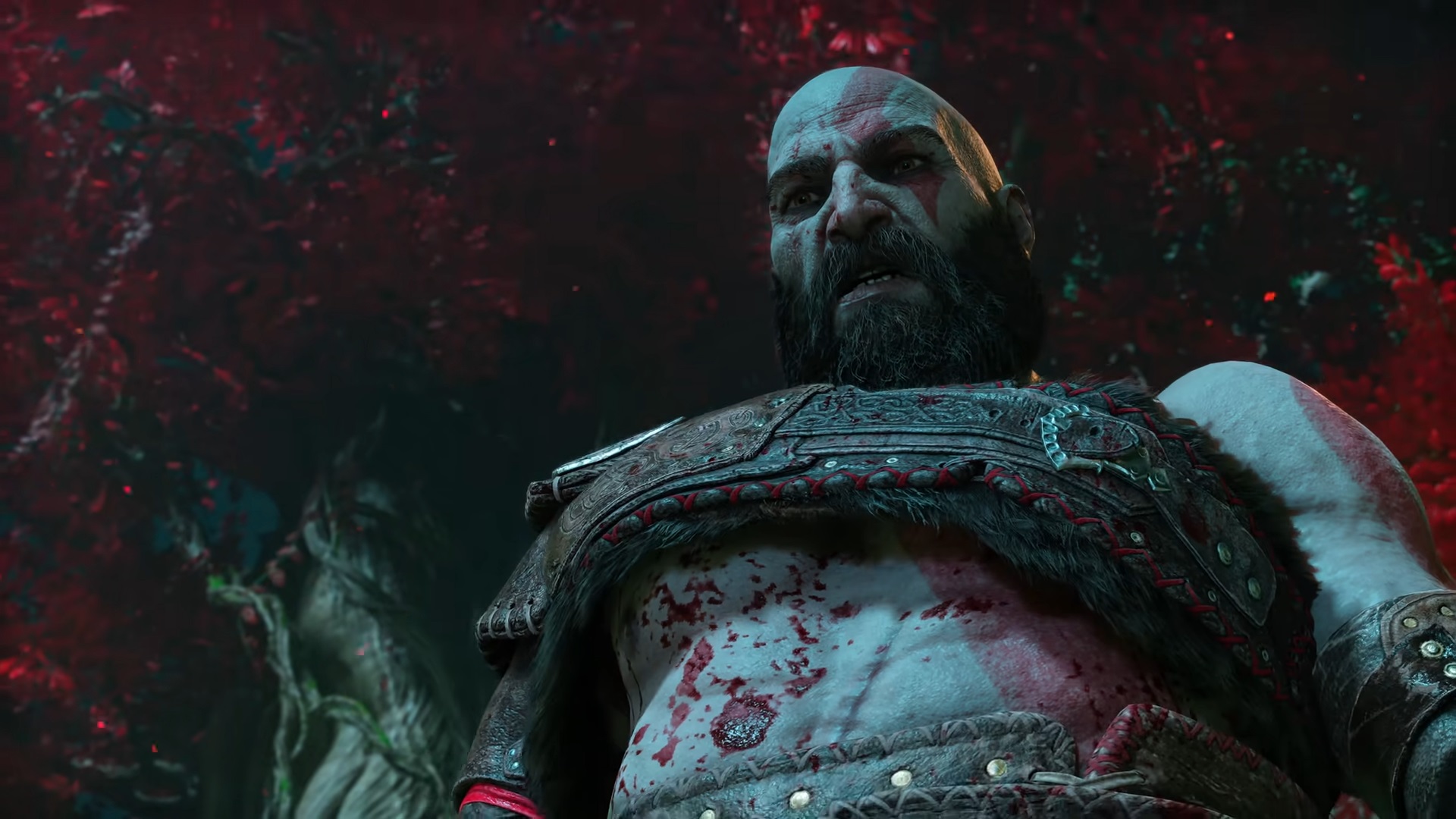
PlayStation cancels unannounced live-service God of War game from Demon's Souls Remake studio and live-service game from Days Gone dev
By Jordan Gerblick published
news Bluepoint and Bend Studio aren't closing despite the cancelations
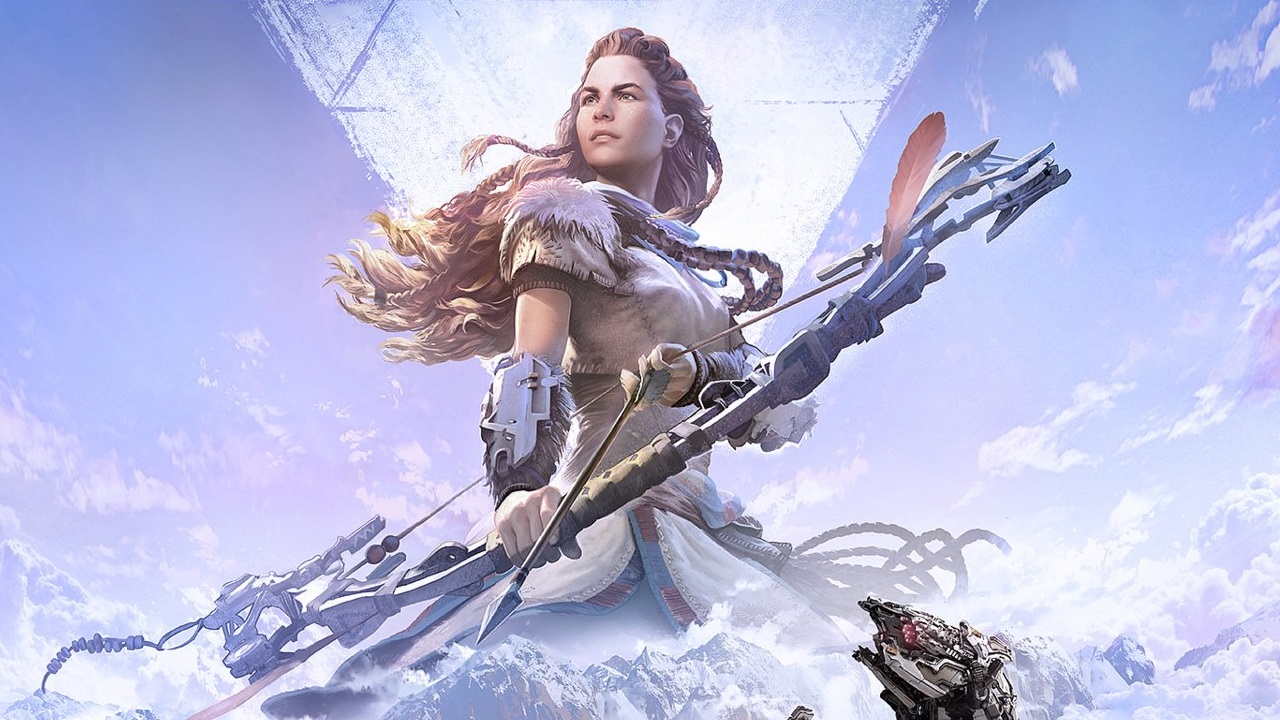
Best PS4 exclusives that you need to play
By Sam Loveridge last updated
Best Download and play the 20 best PS4 exclusives now, from God of War to The Last of Us Remastered
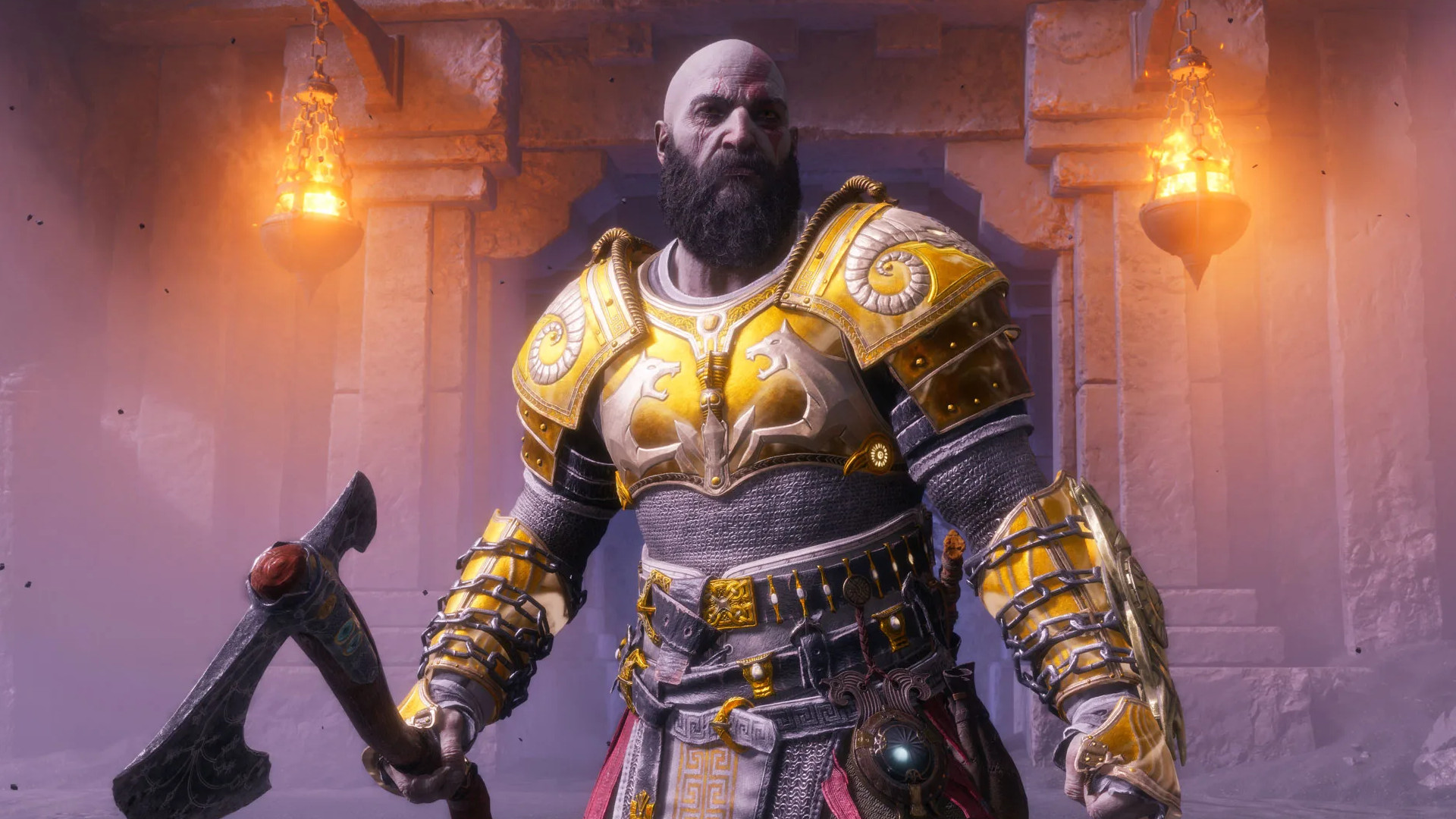
Two years after it was announced and multiple scripts later, Amazon's God of War series finds new showrunner in For All Mankind creator
By Emily Garbutt published
News Ronald D. Moore takes over from Rafe Judkins
Sign up to the GamesRadar+ Newsletter
Weekly digests, tales from the communities you love, and more
